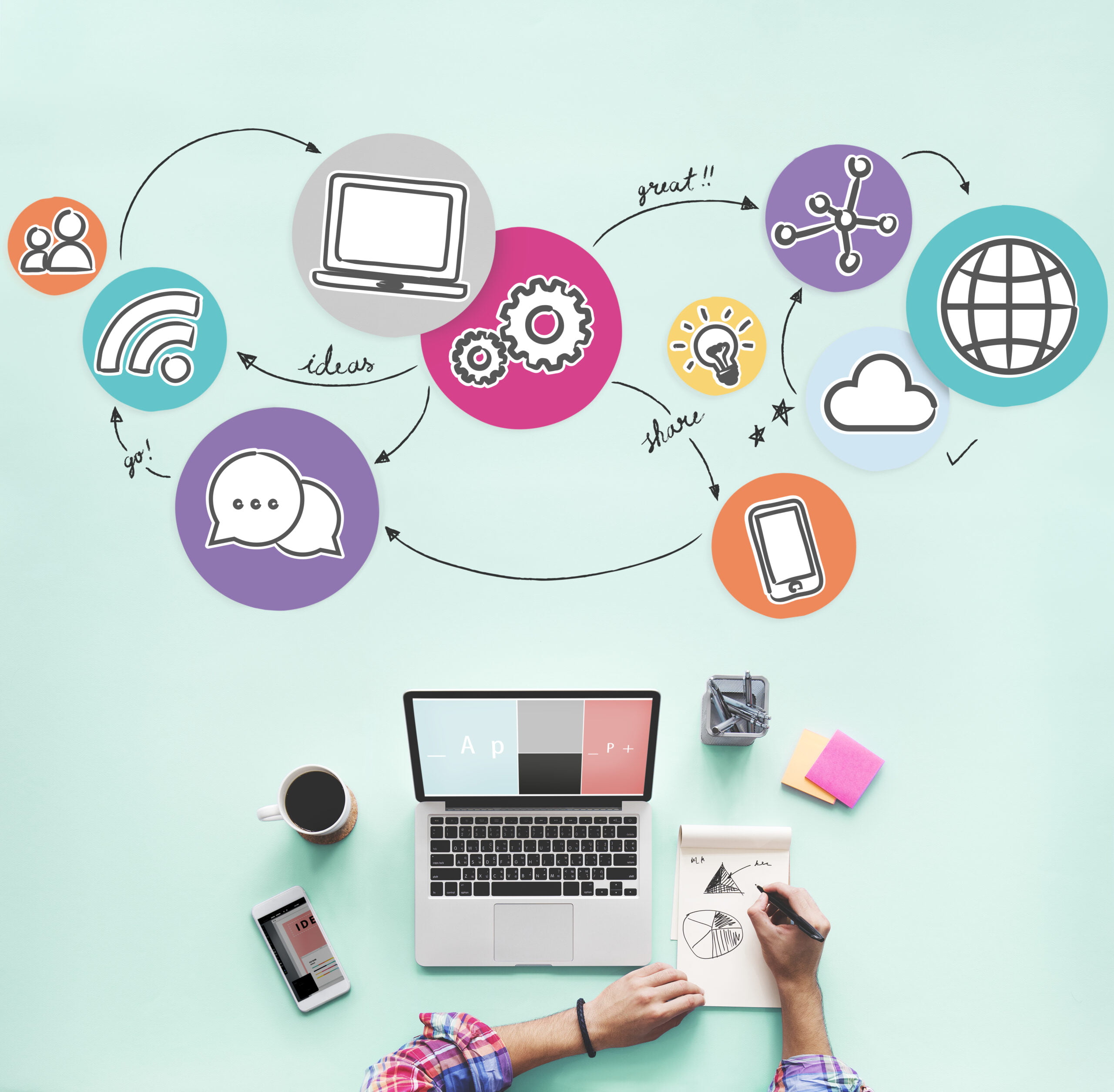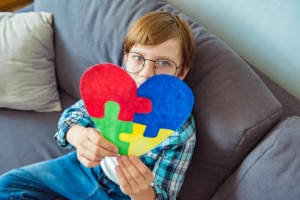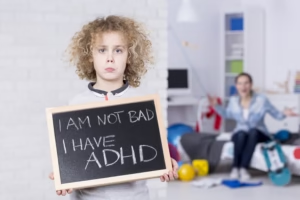Let’s talk about social media and anxiety or uncomfortable feelings in general. I’ve observed that social media, with its myriads of functional utilities, is strongly linked with anxiety and depression. Despite this, the number of users continues to grow. It makes me wonder: why do we humans engage in something that could potentially harm our mental health?
It’s essential to examine the function of social media in our lives. While it offers connection and information, we must consider whether these benefits outweigh the potential costs to our mental health. I’ve found that being mindful of my social media use helps me maintain a healthier balance.
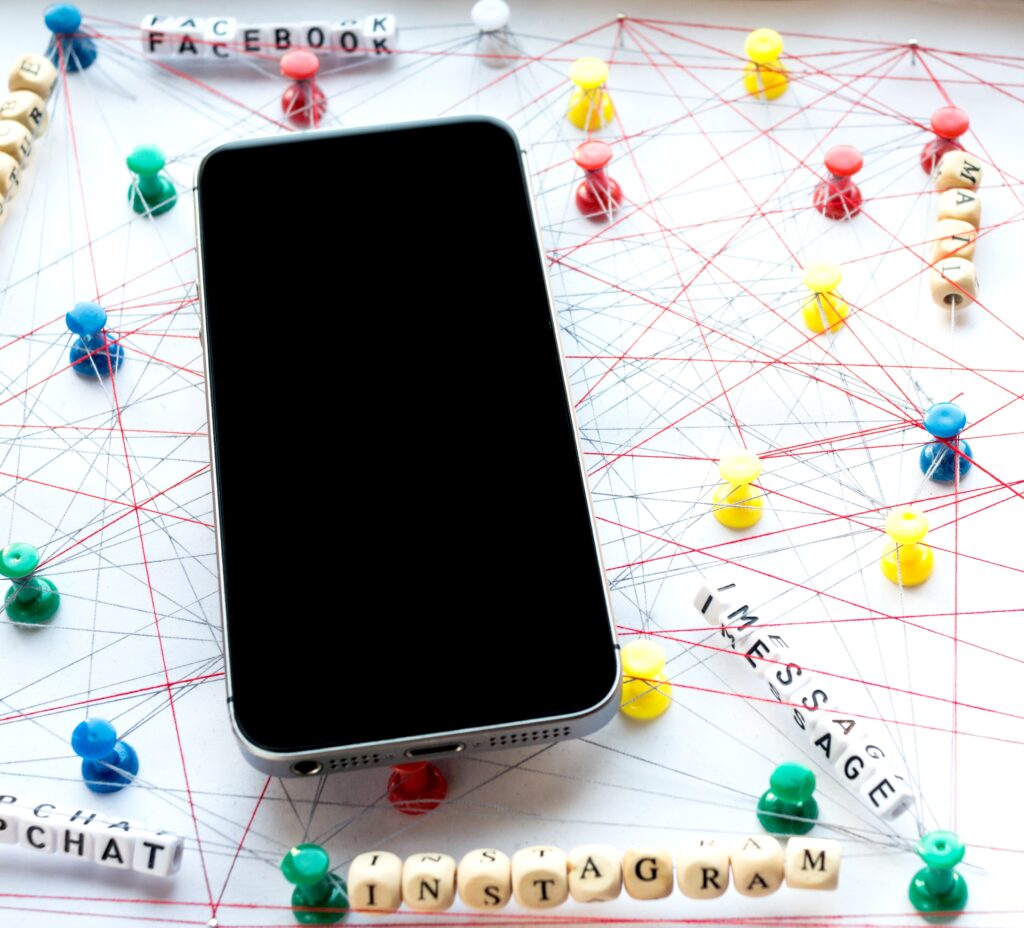
The Deceptive Comfort of Social Media
After a long day at work, many of us find ourselves exhausted. We often use the excuse of needing to decompress, and what better way than to relax on our beds with our phones in hand? I’ve been guilty of this myself. Some people choose to watch TV or play video games, but eventually, these activities can become boring. That’s when most of us turn to social media.
The allure of social media lies in its constant stream of fresh content. There’s always something new to see, read, or watch. Before we know it, hours have passed, and we’ve barely had any sleep. If you’re brave enough, I challenge you to share your screen time length in the comments below.
In my experience, this behavior often stems from an attempt to avoid uncomfortable feelings of boredom or restlessness. However, I’ve learned that accepting these feelings rather than trying to escape them can be more beneficial in the long run. This approach, rooted in mindfulness and Acceptance and Commitment Therapy, has helped me develop a healthier and more functional perspective of my emotions and my social media use.
The Hidden Dangers
What many don’t realize is that it’s not just the content that affects us. The intensity of the light from our screens (not necessarily the wavelength or blue light) disrupts our sleep cycle. I’ve experienced this firsthand – my sleep becomes less deep, and I wake up feeling groggy and tired.
When we’re tired, we’re more susceptible to uncomfortable thoughts and feelings. Depending on our biological disposition, some of us are more likely to experience anxiety, while others may experience depression. This is how social media impacts us both directly and indirectly.

It’s crucial to consider the context in which we use social media. Late-night scrolling might serve a different function than daytime use, and understanding these contexts can help us make more informed choices about our social media habits.
The Direct Impact of Social Media on Anxiety
Now, let’s talk about the direct impact of social media on anxiety. It’s something I observe every time I open apps like TikTok or Facebook. What do I see?
- People bragging about their accomplishments, making me feel like I’m falling behind.
- Others showcasing fun experiences, leading me to believe their lives are more exciting than mine.
- Individuals surrounded by loved ones, portraying perfect relationships that seem better than my own.
It’s human nature to compare ourselves to others, and social media amplifies this tendency. While there’s nothing inherently wrong with comparisons, problems arise when we start desiring what others have.
I’ve found that practicing mindfulness can be incredibly helpful in these moments. By observing my thoughts and feelings without judgment, I can acknowledge the impact of these comparisons without getting caught up in them. This approach has been a game-changer in my relationship with social media.
The Illusion of Perfection
I’ve come to realize that most of what we see on social media isn’t even true. Think about your own experience – would you post things that make you look bad? Of course not! We all want to showcase our successes and highlight the best parts of our lives.
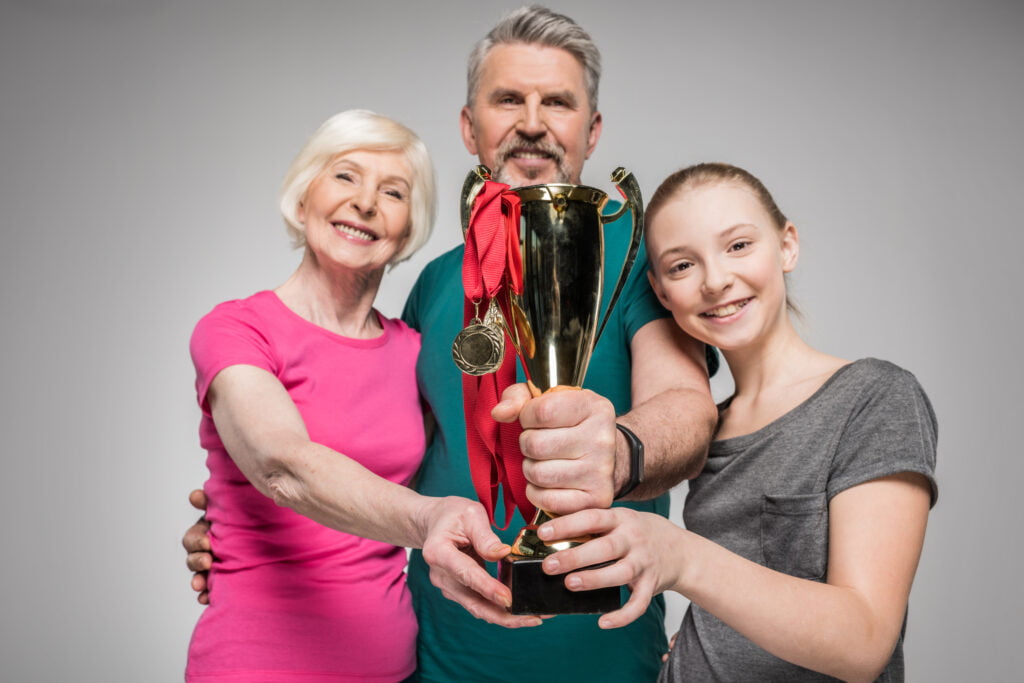
This curated reality can lead to feelings of jealousy and inadequacy. When we experience these emotions, we often retreat into our minds, sometimes spiraling into anxiety or depression. It’s a losing game because there’s always someone who appears to be doing better than us in some aspect of life.
From a pragmatic standpoint, it’s essential to remember that these perfect images don’t represent the full reality of people’s lives. I’ve found it helpful to remind myself that everyone faces challenges, even if they don’t share them on social media.
Breaking the Cycle of Social Media and Anxiety
So, how can we break free from this cycle of social media-induced anxiety? Here are some strategies I’ve found helpful:
- Reduce screen time: I’ve made a conscious effort to limit my social media usage, especially before bedtime. This pragmatic approach has significantly improved my sleep quality and overall well-being.
- Practice self-compassion: When I catch myself comparing my life to others, I take a moment to breathe and acknowledge my own journey. This mindfulness-based technique helps me stay grounded in my own experience rather than getting lost in comparisons.
- Engage in self-care: I’ve found that prioritizing activities that nurture my mental and physical well-being helps combat anxiety. This could include exercise, meditation, or spending time in nature – all practices that align with mindfulness principles.
- Be mindful of social media use: I try to be more intentional about how and when I use social media platforms. This involves regularly checking in with myself about my motivations for using social media and how it’s affecting my mood.
- Practice acceptance: Instead of fighting against negative emotions that arise from social media use, I’ve learned to accept them as part of the experience. This approach, rooted in Acceptance and Commitment Therapy, has helped me develop a more balanced relationship with social media.
- Focus on values-based actions: Rather than getting caught up in the endless scroll of social media, I try to align my actions with my personal values. This might mean reaching out to a friend directly instead of just liking their post, or spending time on activities that truly matter to me.
- Cultivate real-world connections: While social media can provide a sense of connection, I’ve found that nurturing face-to-face relationships is crucial for my mental health. Making an effort to spend quality time with loved ones has helped reduce my reliance on social media for social interaction.
Remember, it’s okay to feel uncomfortable emotions like tiredness and boredom. Instead of immediately reaching for our phones, we can take a moment to sit with these feelings and practice self-compassion.
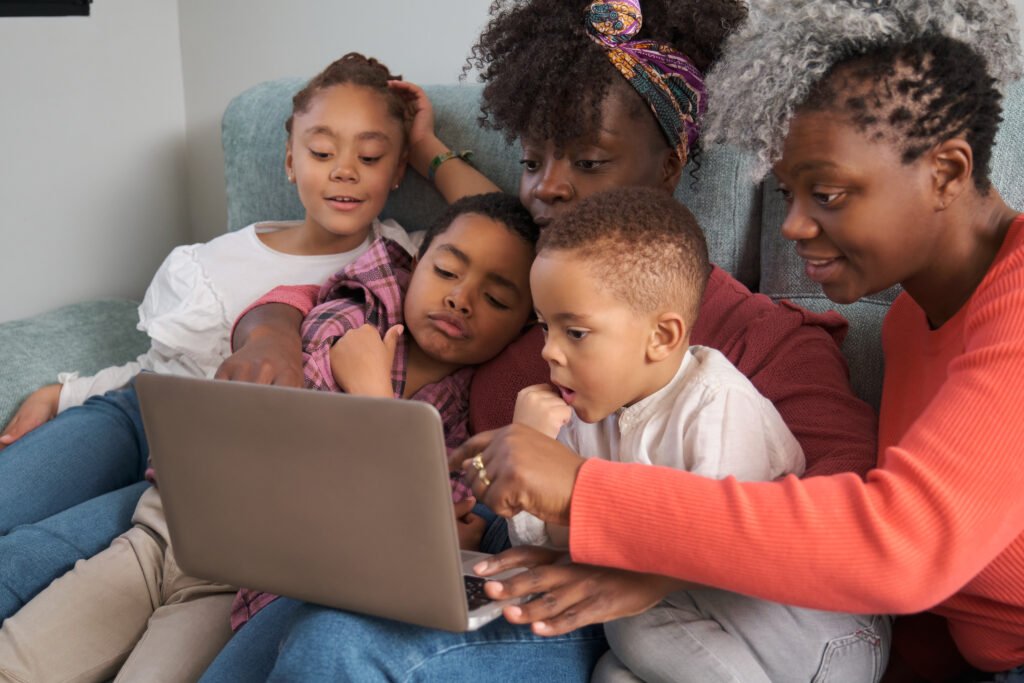
The Role of Mindfulness in Managing Social Media Use
I’ve found that incorporating mindfulness practices into my daily routine has been incredibly helpful in managing my relationship with social media. Here are a few techniques I use:
- Mindful browsing: When I do use social media, I try to do so with full awareness. I pay attention to how I’m feeling as I scroll, noticing any changes in my mood or thought patterns.
- Breath awareness: If I notice myself getting caught up in negative comparisons or feeling anxious, I take a few deep breaths. This simple act helps bring me back to the present moment and out of the virtual world.
- Body scan: Regularly checking in with my body helps me notice tension or discomfort that might be arising from prolonged social media use. This awareness often prompts me to take a break or engage in a more nourishing activity.
Embracing Imperfection
One of the most powerful shifts in my connection with social media came when I started to embrace imperfection. Inspired by Acceptance and Commitment Therapy, I’ve learned to appreciate the beauty in life’s ups and downs, rather than striving for an unrealistic ideal often portrayed on social media.
This doesn’t mean I’ve completely eliminated anxiety, or negative feelings related to social media. Rather, I’ve learned to approach these experiences with curiosity and compassion. When I notice anxiety arising, I try to observe it without judgment, understanding that it’s a natural part of the human experience.

In Conclusion
The relationship between social media and anxiety is complex and multifaceted. While these platforms offer numerous benefits, it’s crucial to be aware of their potential impact on our mental health. By approaching our social media use with mindfulness, acceptance, and a focus on our values, we can work towards a healthier relationship with these platforms and, ultimately, with ourselves.
Remember, the goal isn’t to eliminate social media from our lives entirely, but to use it in a way that enhances rather than detracts from our well-being. It’s about finding a balance that works for you and being willing to adjust your approach as needed.
As we navigate the digital age, let’s strive to use social media as a tool for connection and growth, rather than a source of anxiety and comparison. By staying grounded in our own experiences and values, we can enjoy the benefits of social media while minimizing its potential negative impacts on our mental health.
If you’re interested in learning more about what self-care truly means (no, social medias are not self-care), then click here. If you’re curious about learning on how to approach the negative thoughts or the mind, then read more about it here.
References
Kross, Ethan, Philippe Verduyn, Emre Demiralp, Jiyoung Park, David Seungjae Lee, Natalie Lin, Holly Shablack, John Jonides, and Oscar Ybarra. “Facebook Use Predicts Declines in Subjective Well-Being in Young Adults.” PLOS ONE 8, no. 8 (2013): e69841. https://doi.org/10.1371/journal.pone.0069841.
Cajochen, Christian, Sylvia Frey, Doreen Anders, Jakub Späti, Matthias Bues, Achim Pross, Ralph Mager, Anna Wirz-Justice, and Oliver Stefani. “Evening Exposure to a Light-Emitting Diodes (LED)-Backlit Computer Screen Affects Circadian Physiology and Cognitive Performance.” Journal of Applied Physiology 110, no. 5 (2011): 1432-1438. https://doi.org/10.1152/japplphysiol.00165.2011.
Festinger, Leon. “A Theory of Social Comparison Processes.” Human Relations 7, no. 2 (1954): 117-140. https://doi.org/10.1177/001872675400700202.
Przybylski, Andrew K., Kou Murayama, Cody R. DeHaan, and Valerie Gladwell. “Motivational, Emotional, and Behavioral Correlates of Fear of Missing Out.” Computers in Human Behavior 29, no. 4 (2013): 1841-1848. https://doi.org/10.1016/j.chb.2013.02.014.

